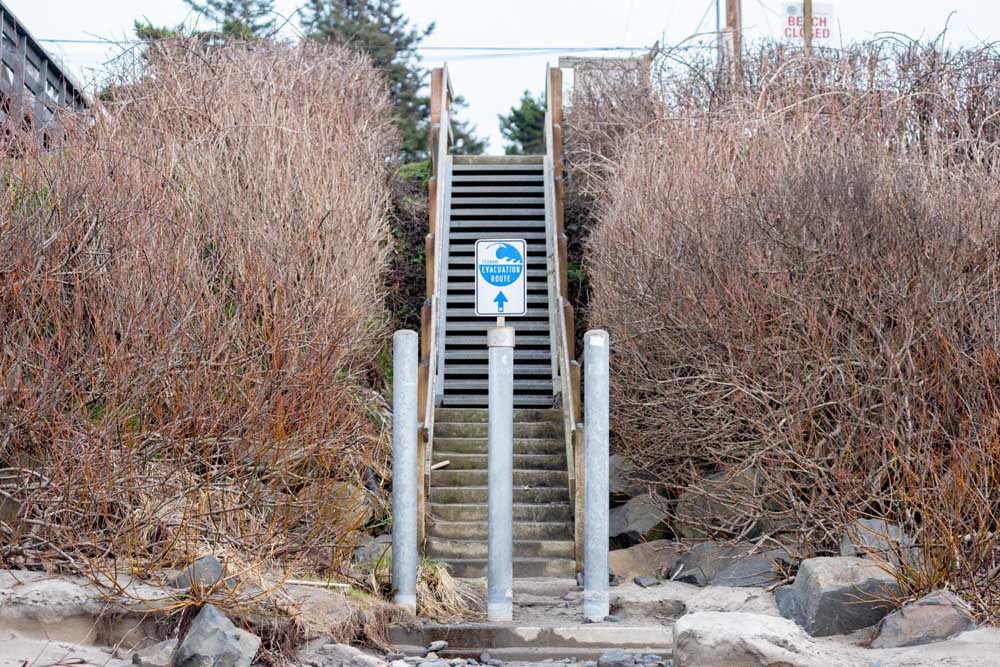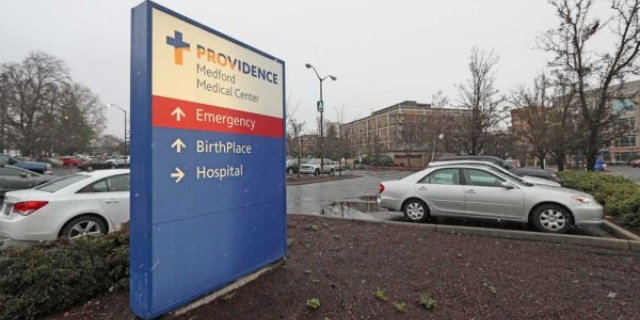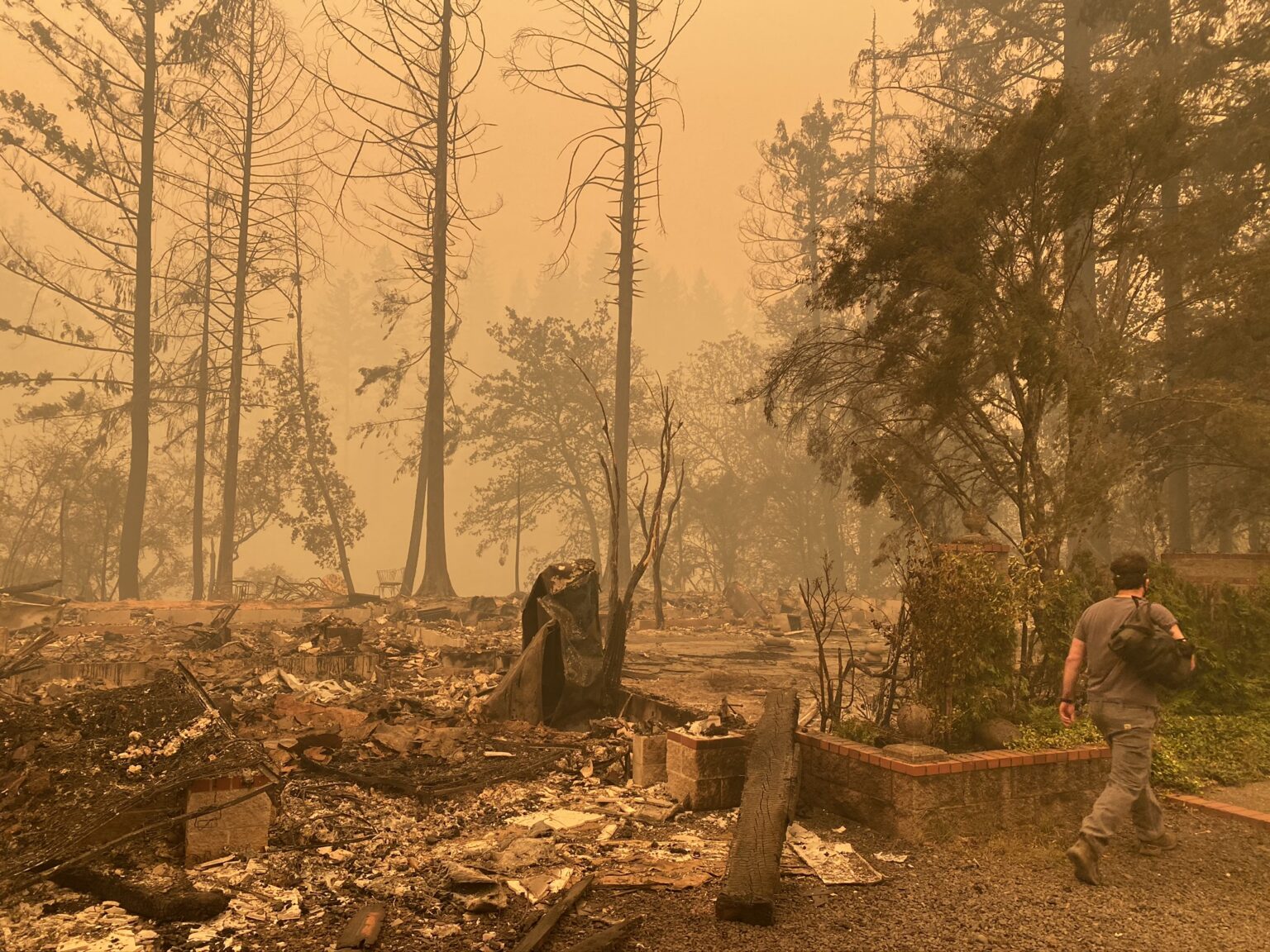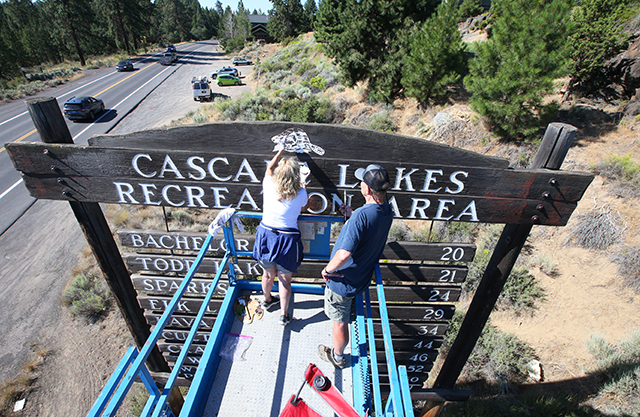Rule-making halted over Oregon farm stand regulations
Published 5:06 pm Friday, July 25, 2025
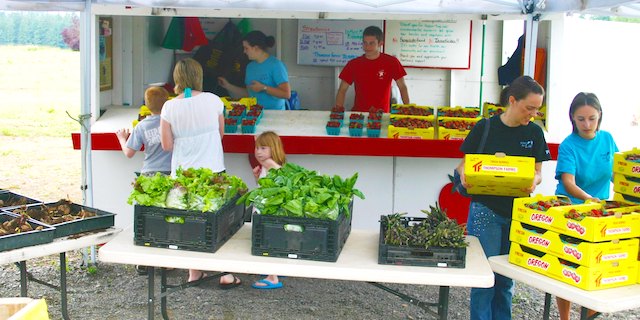
- Customers shop at a farm stand in this file photo. Oregon Gov. Tina Kotek has halted the rule-making process on proposed changes to farm stand regulation. (Courtesy Oregon Department of Agriculture)
Public acrimony over proposed changes to Oregon’s farm stand regulations has convinced Gov. Tina Kotek to halt the rule-making process to “reassess next steps.”
Kotek said she suspended the rule-making because she is “paying attention” to growers who’ve become “anxious and frustrated” over potential impacts to their farm stand operations.
“We can support our local farm businesses while also preserving Oregon’s historic land use system. This is not an either/or conversation,” according to Kotek’s statement.
Trending
Earlier this year, lawmakers referred the debate over regulating farm stands to the Department of Land Conservation and Development, partly to provide more time for negotiations than would be possible during the legislative session.
New restrictions for farm stands were initially considered under House Bill 3133, which would have set requirements for fee-based events, cooked foods and what items could be sold by such operations, among other revisions.
Lawmakers allowed a legislative deadline to kill the proposal after deciding that DLCD’s rulemaking process would allow for longer deliberations about such issues as selling prepared foods on-site and holding promotional events.
However, it now appears that changing the forum for the debate has not tamed the strong feelings surrounding agritourism.
Proponents of flexible regulations for agritourism argue that such operations simply allow farms to diversify their revenue sources, keeping them operational and staving off development.
Farmland conservation advocates agree that agritourism can offer a profitable and legitimate income stream, but worry some operations may become primarily entertainment venues that minimize on-site agricultural production and disrupt neighboring farms with traffic and other problems.
Trending
As the controversy over farm stand regulations picked up steam on social media lately, DLCD made an announcement denying the proposed changes would prohibit pumpkin patches, U-Pick operations, hay rides and other promotional activities.
The rule-making is instead meant to clarify which non-farm products can be sold at farm stands and whether certain activities require a permit or are allowed outright on farmland, according to DLCD. The agency said the proposal would also set standards for preventing conflicts with neighbors and other issues.
1000 Friends of Oregon, a farmland preservation nonprofit, blamed the rancor on “a wave of recent misinformation circulating online” and argued that “much of the alarm being raised isn’t based in fact.”
“To be clear: The proposed rules would only apply to new farm stand permits. If an existing operation is lawfully permitted, they shouldn’t need to make any changes,” the group said.
However, farm stand operators such as EZ Orchards near Salem, Ore., raised nuanced concerns about the direction of the proposed rule-making, alleging the revisions would serve as an impediment to agritourism.
Specifically, EZ Orchards argued that DLCD’s language was too vague regarding prepared foods — such as the company’s cider donuts and milkshakes made from farm-grown ingredients — which could lead county governments to ban such sales.
The company also worried the proposal would result in an “overly narrow” definition of the “incidental” items sold at farm stands, which aren’t grown on-site.
Currently, such incidental items can comprise up to 25% of a farm stand’s sales, but EZ Orchards is concerned that requiring the products to be “directly related” to an operation’s own crops or livestock would be too restrictive.
“That means a peach grower could sell peach butter made with peaches from his orchard, but not locally made Marionberry jam—even if it’s from a neighboring farm,” the company said.


